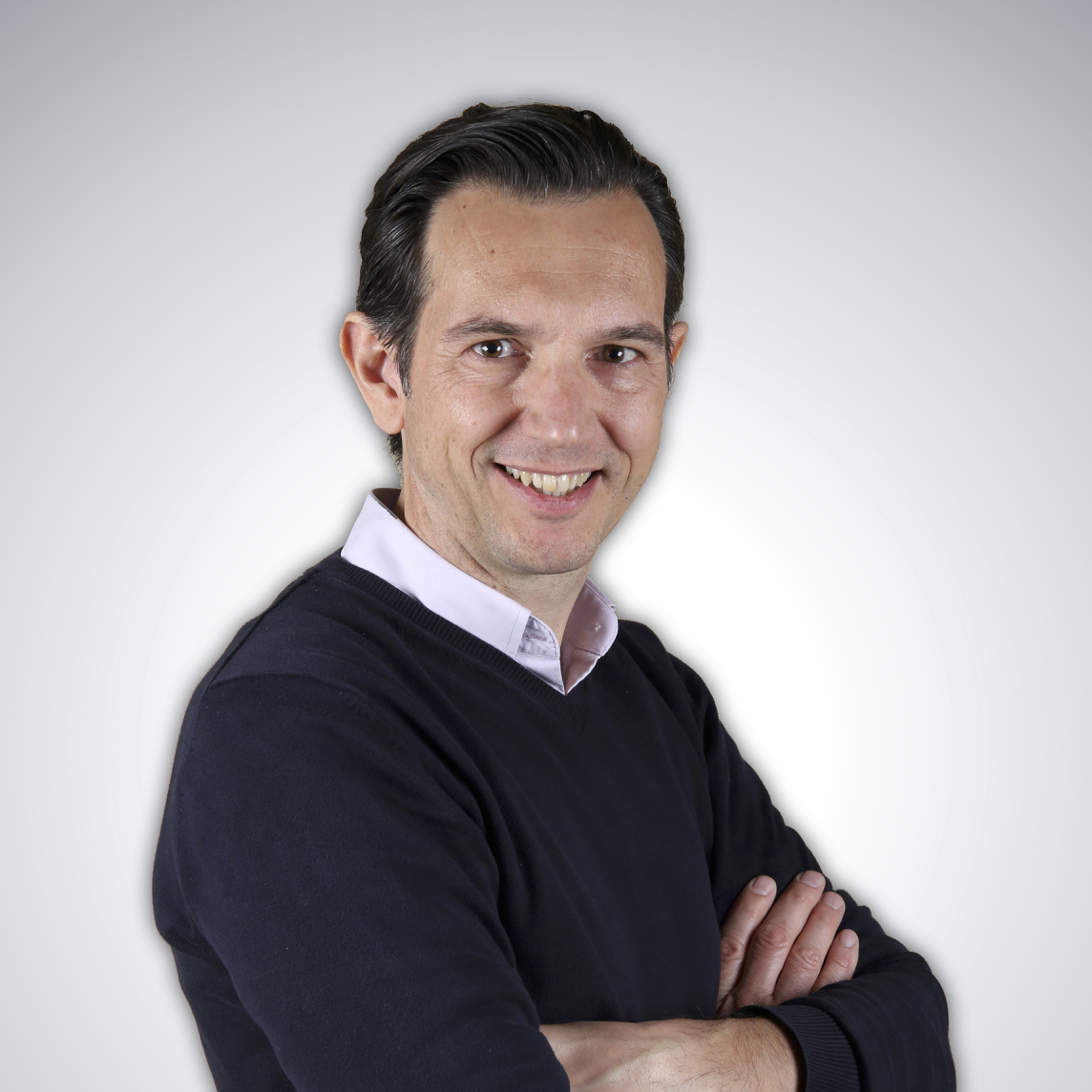In “Digital Transformation without Stress: Part 1,” I addressed that technology has the potential to become a strong ally in our evolution. It will do this by becoming, just like the bodies autonomous nervous system, a part of our life that will perform a lot of tasks to help us to adapt with more ease to the changes in our environment without the need of our attention. Over time an algorithm will even be able to anticipate our needs.
What was once science fiction becomes science fact, and yes I’m looking forward and am excited about some of the developments that are emerging. Like more ecological production sites, space travel but also self-driving cars and an AI that can help me with my basic administrative tasks.
However as an osteopath and body-centred stress coach, I see that not all these changes are without its challenges. Some are downright detrimental for our health, well-being and happiness.
For example change, positive or negative is always stressful and when stress is not managed, it will lead to illness. Not only physical problems like musculoskeletal pain, cardiovascular disease, diabetes, mental problems like concentration problems, anxiety and depression but also behavioural problems like short-temperedness, aggression and even radicalisation.
Another example is the less we start using our brain because more and more is automated and taken out of our hands, the less neuronal connections our brain makes. So, in other words, the brain becomes smaller, less resilient and the consequences detrimental. Already the brain has been getting smaller since the Stone Age…
“Over the past 20,000 years, the average volume of the human male
brain has decreased from 1,500 cubic centimetres to 1,350 cc, losing a
chunk the size of a tennis ball.” (John Hawks)
In his latest book “21 Lessons for the 21st Century,” Yuval Noah Harari (author of Sapiens and Homo Deus) also refers to stress and mental resilience as challenges to our future that we need to find solutions for before it’s too late.
Mr Harari argues that on the one hand, the future of work is one that will need constant retraining, as a profession for life becomes something of the past. As regards to this observation he questions if human beings have the emotional stamina for a life of such continuous upheaval? On the other hand, he speculates that by 2050 a ‘useless’ class might emerge, not because of the lack of jobs but because of insufficient mental stamina.
His arguments are entirely in line with what I’ve been addressing in talks, articles and book over the past couple of years and that will be discussed extensively during ISMA’s upcoming International Stress Awareness Day and the Online Stress Summit that will take place on November 7, 2018 on the theme: “Does Hi-Tech cause Hi-Stress?”
In other words, emerging technologies like AI, IoT, robotics and automation will make life easier, but as human beings, we will need to find ways to compensate the lack of stimuli and physical, mental and spiritual challenges. Body-centred stress management will become even more important than it already is. Why body-centred because stress is foremost a physical adaptation response with at its basis neurological and hormonal changes that influence: blood flow, muscles, digestion, immunity but also psychological and social behaviour.
But stress management only will not suffice, and I will address my thoughts on this in part 3 “Digital Transformation without Stress: Part 3”

